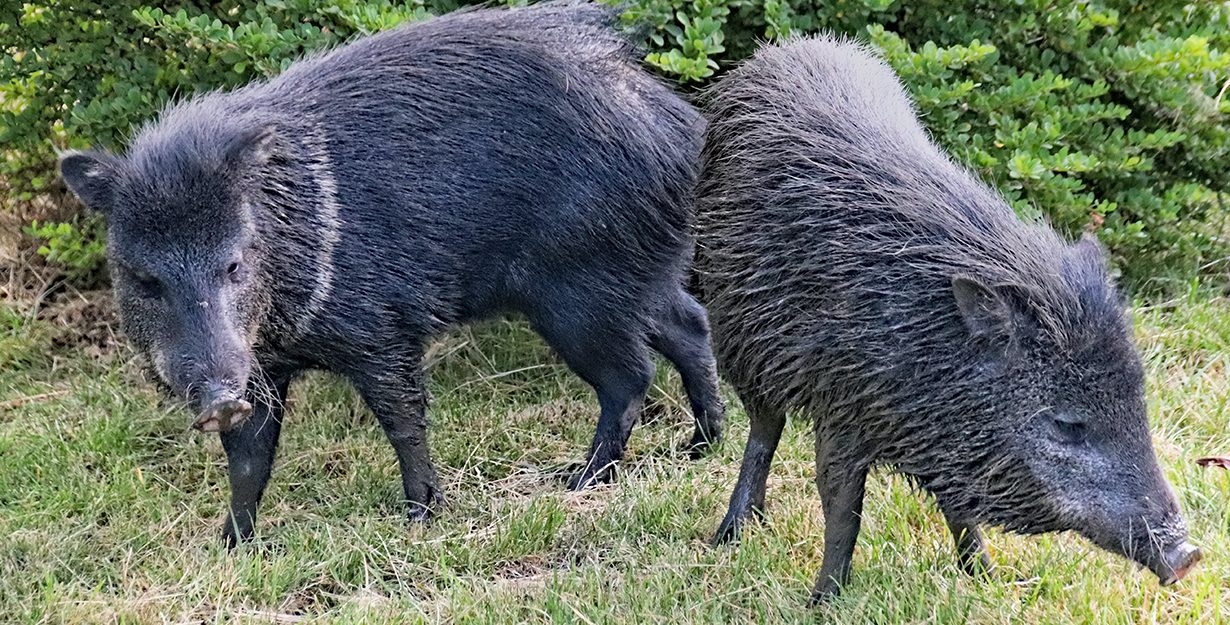African swine fever (ASF) is a highly contagious disease which causes massive numbers of deaths in pigs within a very short period. Additionally, there is currently no vaccine nor treatment available, so this disease poses a severe threat to the pig rearing sector, particularly in the Asia-Pacific, where pig production is of major importance both in terms of pork consumption and the socio-economic representation of this animal.
This disease causes major economic losses due to its high mortality rate and the trade restrictions imposed on affected countries and poses a serious problem for food security worldwide.
In addition, the Covid-19 crisis has left populations which make a living from livestock farming or related activities (e.g., slaughter, meat processing) in an even more vulnerable position. The disease also has a devastating impact on the livelihood of some of the world’s vulnerable people, and affects the welfare of animals and biodiversity.
Observation reveals that rising movements of people and the intensification of trade of live pigs, pork and pork products during the holiday season also increase the risk of ASF spread. Hence, it is vital to advise people travelling not to carry pork products, for example, possibly choosing alternate presents for holiday gifts.
ASF can be spread in myriad ways, and recent events and the speed of spread in the region illustrate the diverse possibilities of transmission. The virus can also survive on various materials and pork products and even in frozen pork products, making human behaviour an important factor in the spread of the disease.
The [ASF] virus can survive on various materials and pork products and even in frozen pork products, making human behaviour an important factor in the spread of the disease.
While travelling, we would advise avoiding carrying pork and pork products and to declare them upon arrival if you do. You should also avoid visiting infected farms. Finally, we advise ensuring that food leftovers and scraps are disposed of properly, and not just discarded or fed to pigs and other animals.
There are communication materials prepared by OIE and partners available on our website, in the form of infographics, videos, social media tool kits targeted for various key stakeholders (like pig farmers, veterinarians, travellers, etc.) and in several languages. All can be accessed for dissemination and raising awareness.
For more information as well as resources for messaging campaigns:


